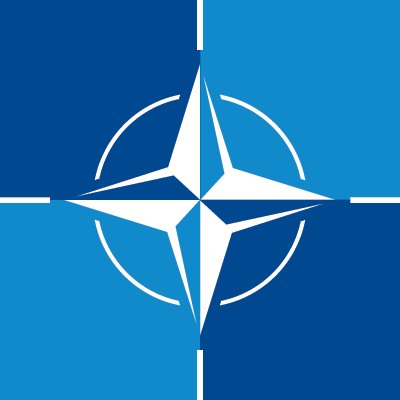According to Japanese and NATO officials, NATO plans to open its first liaison office in Asia in Japan to enhance regional consultations. The station will allow the military alliance to hold regular meetings with Japan and other critical regional partners. It intends to collaborate with countries in the Indo-Pacific area, such as South Korea, Australia, and New Zealand.
NATO and Japan will also strengthen their ties, to sign an Individually Tailored Partnership Program (ITPP) before the NATO Summit in Vilnius, Lithuania, on July 11–12.
When asked about the allegations, NATO spokesperson Oana Lungescu said the alliance would not discuss the ongoing deliberation among NATO partners. She stated that NATO has offices and liaison arrangements with a variety of international organizations and partner countries and that allies evaluate those liaison arrangements regularly to ensure that they best serve the requirements of both NATO and their partners.
Lungescu stated that NATO has a close relationship with Japan that is growing. She stated that practical collaboration encompasses a wide range of fields, including cyber defence, maritime security, science and technology, nonproliferation, humanitarian aid and disaster relief, and human security.
The notion of establishing a liaison office was initially explored by Japanese Prime Minister Fumio Kishida and NATO Secretary-General Jens Stoltenberg during the latter’s January visit to Tokyo. According to a person familiar with the proceedings, the alliance distributed a draft proposal to its 31 members in mid-April.
Next year, a one-person liaison office in Tokyo is proposed. It is still unclear whether the Japanese government will offer office space or whether NATO will fund the station. NATO maintains liaison offices at the United Nations in New York, the Organization for Security and Cooperation in Europe in Vienna, Bosnia and Herzegovina, Moldova, Kuwait, Georgia, and Ukraine.
In many cases, the host country provides NATO with office space. If Tokyo grants financing for a Western military alliance to establish a presence in Japan, it will mark the beginning of a new era in defence cooperation.
Japan and NATO are working to strengthen their collaboration on cyber risks, disruptive technologies, and disinformation, to sign an individually designed partnership program before the July NATO summit.
Officials anticipate that the signing of the ITPP by NATO and Japan will generate momentum leading up to the Vilnius meeting. The leaders of Japan, South Korea, Australia, and New Zealand are scheduled to participate, as was the case last year, underscoring NATO’s increased engagement with the Indo-Pacific.
Oana Lungescu emphasized NATO and Japan’s long-standing cooperation, as evidenced by Stoltenberg’s visit to Japan at the start of the year and the Japanese foreign minister’s participation in the NATO foreign ministers’ conference in April. As Lungescu stated, the Secretary-General has also invited Japan’s Prime Minister, as well as the leaders of their other Indo-Pacific allies, to the Vilnius Summit in July.









